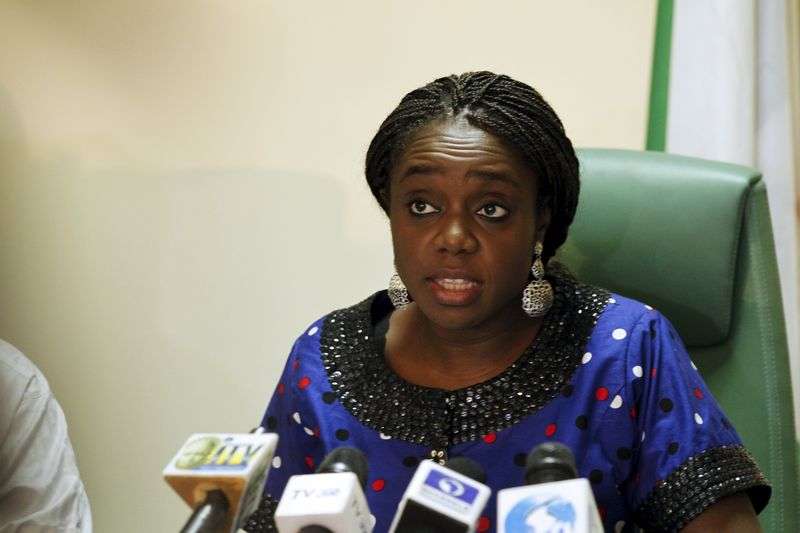The Federal Government borrowed a total of N600bn between January and June this year to augment the shortfall in revenue caused by various challenges affecting oil and non-oil receipts.
The amount, which was borrowed from the domestic market, was contained in a presentation made by the Minister of Budget and National Planning, Senator Udo Udoma, to civil society groups on the proposed Medium Term Expenditure Framework 2017-2019.
The MTEF, which is expected to be submitted to the National Assembly in October, provides the basis for annual budget planning and consists of a macroeconomic framework that indicates fiscal targets, estimates, revenues and expenditure, including government’s financial obligations in the medium term.
The document, prepared by the Ministry of Budget and National Planning, also sets out the underlying assumptions for these projections, provides an evaluation and analysis of the previous budget, and presents an overview of the consolidated debt and potential fiscal risks.
The N600bn borrowed in the first six months of this year, according to the document, is about 33 per cent of the N1.8tn approved borrowing in the 2016 budget.
The minister stated in the presentation that the 2016 budget performance was reflective of the low revenue output attributable to the global and domestic development.
For instance, Udoma said oil revenue fell significantly in the second quarter of this year compared to the first quarter as a result of increased pipeline vandalism and production shut-ins.
The minister stated, “Non-oil revenues declined compared with forecasts in the budget due to slow-down in economic activities and the acute shortage of foreign exchange.
“The shortfall was augmented by domestic borrowing amounting to N600bn, about 33 per cent of approved borrowing of N1.81tn.”
Since the beginning of this year, gross revenue into the Federation Account has been experiencing a huge decline owing to the shutdown of production for repairs of critical infrastructure.
For instance, there had been explosions at the Escravos oil export terminal, while force majeure was declared at the Brass terminal in January and February as a result of attacks on oil facilities.
The 2016 budget, which was signed by President Muhammadu Buhari on May 6 this year, had projected daily oil production output of 2.2 million barrels, with the budgeted oil benchmark price of $38 per barrel.
Based on the budget, the Federal Government had projected a total revenue of N3.86tn where oil-related revenues were expected to contribute N820bn.
In the same vein, non-oil revenues comprising Companies Income Tax, Value Added Tax, Customs and Excise duties and Federation Account levies are expected to contribute N1.45tn, while N1.51tn is projected to be earned as independent revenues from the Ministries, Departments and Agencies of government through strict compliance with the Fiscal Responsibility Act, 2007.
Speaking on the borrowing, financial analysts blamed the development on the inability of the country to effectively diversify its sources of revenue away from oil.
They said that with diversification, the government would be able to generate enough revenue to fund its operations.
Those who spoke on the issue in separate telephone interviews with our correspondent are a former Acting Managing Director, Unity Bank Plc, Mr. Muhammed Rislanudeen; and President, Institute of Fiscal Studies of Nigeria, Mr. Godwin Ighedosa.
Ighedosa said, “We have a high fiscal deficit, which can only be funded through borrowing. When you borrow for investment, it improves the position on your balance sheet; and when you borrow for consumption, it can cause problems for the economy as it will affect the level of confidence in the economy from investors, because they will assume we can’t manage our economy.
“We already have a debt overhang, and as it is, we are building that up and so there is a need to reduce the rate of borrowing.”


 Naira4 weeks ago
Naira4 weeks ago
 News4 weeks ago
News4 weeks ago
 Naira4 weeks ago
Naira4 weeks ago
 Travel3 weeks ago
Travel3 weeks ago
 Jobs4 weeks ago
Jobs4 weeks ago
 Naira3 weeks ago
Naira3 weeks ago
 Naira3 weeks ago
Naira3 weeks ago
 Investment4 weeks ago
Investment4 weeks ago





























